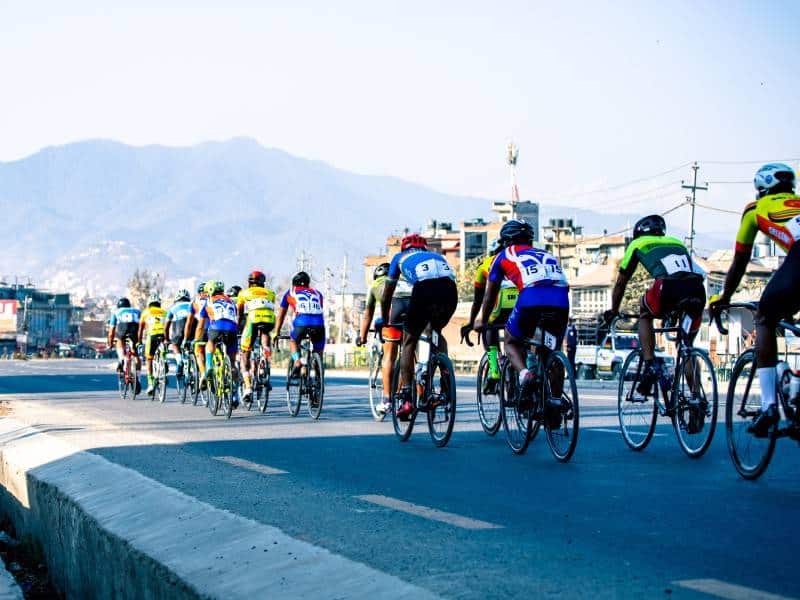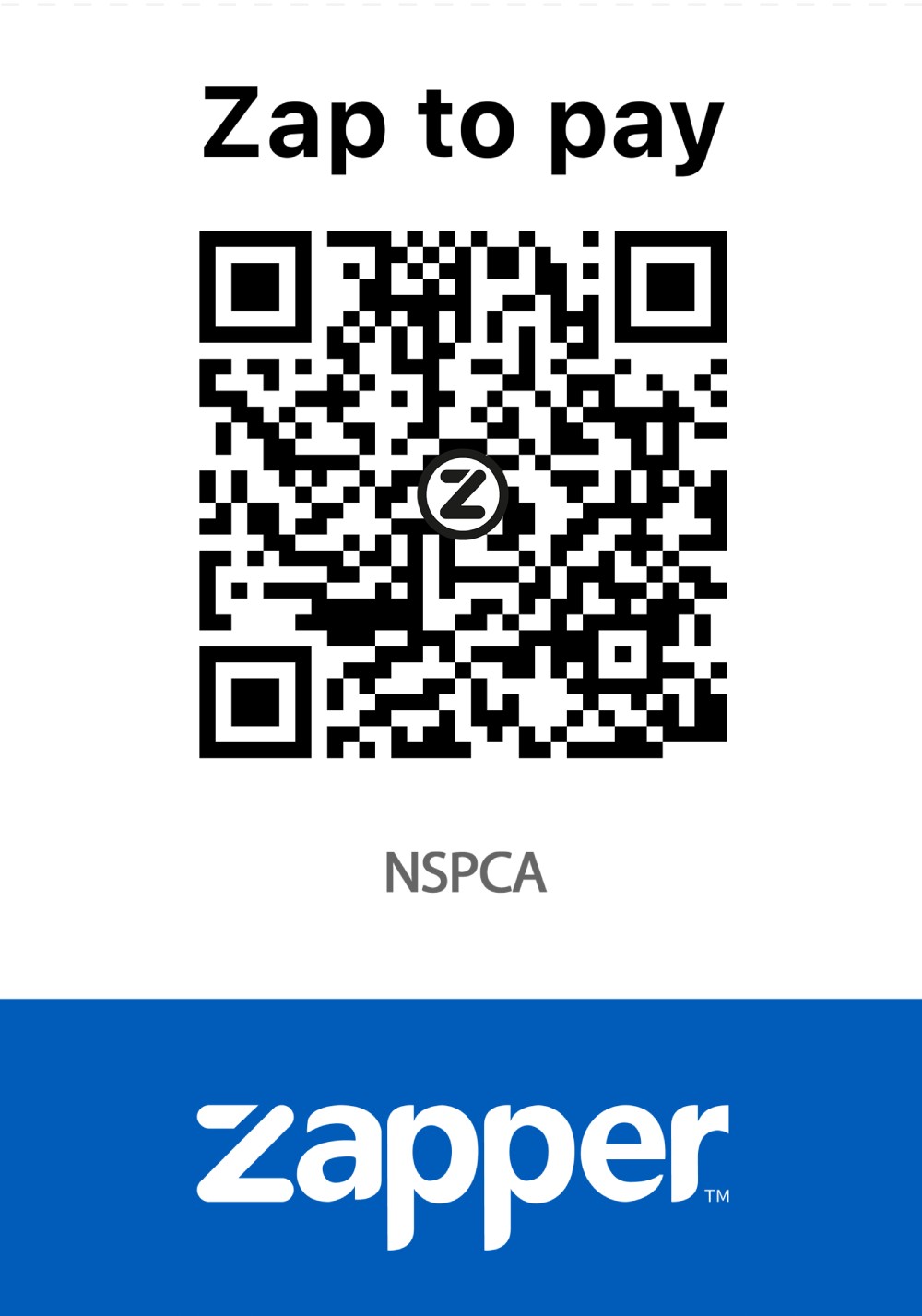Animals are transported by various means, however, transportation of live animals by sea, in particular livestock intended for slaughter holds serious animal well-being concerns. It is unnecessary to transport animals intended for slaughter by sea, especially if viable and humane alternatives exist close to the point of production. This method of trade causes pain, suffering and distress to many animals, including high mortality rates occurring during the voyage.
The National Council of SPCAs remains steadfast in our statement of policy relating to live export of animals by sea and maintain that no country has the capacity or capability to ensure or guarantee animal welfare on livestock vessels. Our short-term objective is to ban the live export of animals by sea from South Africa across the equator.
Export of live animals by sea is nothing new:
Animal well-being concerns with regards to the transportation of live animals by sea include but are not limited to:
Read more about the legal battle with Al Mawashi.
Many of the animals onboard live export vessels do not survive the journey by sea, and those that do survive are subjected to cruel living conditions for the duration of the trip. The inhumanity displayed in the practice of the exporting of live animals by sea is often marked by disease, overheating, overcrowding, dehydration, starvation, physical trauma and people who don’t care about the welfare of animals. Such conditions, are for any sentient being, unliveable.
While confronting and working towards the prohibition of this barbaric trade, we ask for your support.
Your donation will directly benefit animal welfare, as any financial contributions will be used to assist our team in carrying out their duties throughout this battle.

Credit Card & EFT Donations
via PayGate Secure Payment Gateway
Donate via Zapper
Debit Orders
With the Debit Order form, you can also select which specific areas of operations within the NSPCA you would like to support.
View all projects here.
Banking Details
Account Name: SPCA National Council of SA
Bank: Standard Bank
Account No.: 220 639 744
Branch Code: 051 001
Swift code for international EFTs: SBZAZAJJ
Reference: Name/Company name (optional)/LIVE EXPORT
(e.g. surname/CAMPAIGN NAME)
Donate via SnapScan

Donate via PayPal

If you have a PayPal Account you can now help us combat cruelty securely from anywhere in the world
- Reference webmaster@nspca.co.za
- Business name: National Council of SPCAs
- Select the option ‘I’m sending money to family or friends’ or simply click the button below.
Fundraise for the NSPCA

Raise Funds on our Behalf to Help Animals!
Did you know that you can raise funds on our behalf to help animals? Join the NSPCA team and reach animals that need our help and protection.


